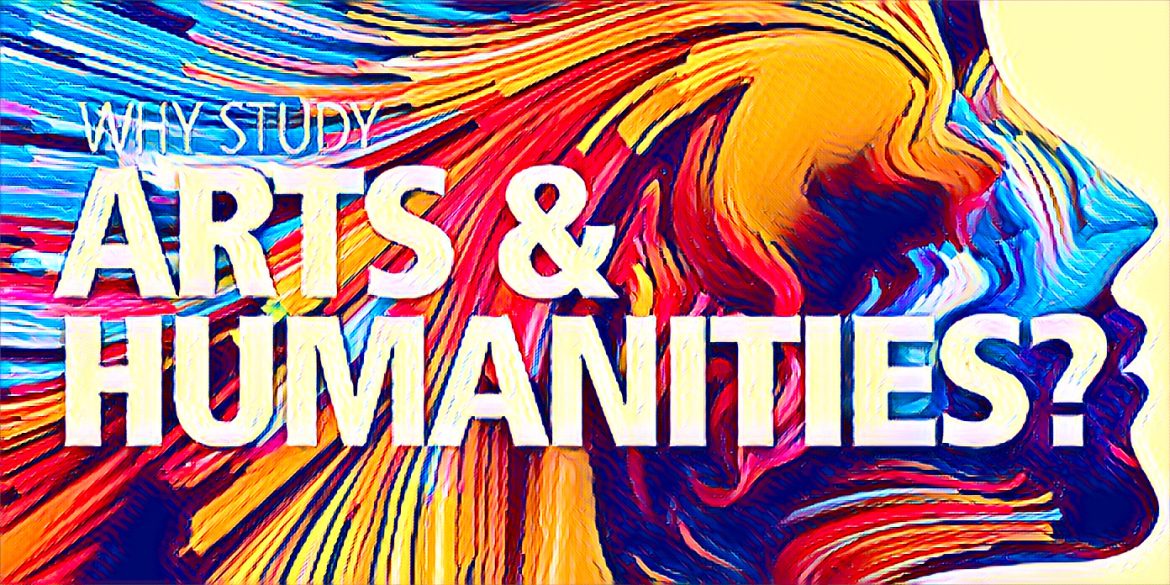KEY POINTS
- Arts and humanities foster critical thinking and problem-solving.
- Careers in media, design, and the arts are growing.
- Local art, music, and literature help preserve Zimbabwe’s identity.
The inclusion of arts and humanities in Zimbabwean schools is more than a curriculum addition, it’s a transformative tool for shaping well-rounded students.
These subjects, which include literature, history, philosophy, music, and visual arts, foster creativity, self-expression, and critical thinking. For many students, this exposure opens up pathways to future careers in media, design, and creative industries.
Unlike technical subjects like mathematics and science, arts and humanities encourage students to view the world through multiple lenses.
By analyzing literature or studying historical events, learners develop empathy, a sense of justice, and an understanding of diverse perspectives. These skills are crucial for navigating Zimbabwe’s diverse social, political, and cultural landscape.
Education experts stress that creativity and problem-solving, often honed through the arts, are essential skills for 21st-century employment.
Employers now seek graduates who can think critically, communicate effectively, and bring fresh ideas to the table. By prioritizing arts and humanities, Zimbabwean schools can prepare students for a fast-changing job market that values human-centered skills.
Economic and career opportunities in the creative industries
The arts and humanities have an undeniable impact on Zimbabwe’s economy, particularly through the creative sector. As global demand for entertainment, film production, and content creation rises, Zimbabwe has the opportunity to position itself as a creative hub in Africa.
Careers in media, graphic design, animation, advertising, and publishing are directly linked to skills acquired from studying arts and humanities.
By nurturing students in these fields, Zimbabwe can tap into the multi-billion-dollar global creative economy. Many successful Zimbabwean creatives, including musicians, filmmakers, and writers, started with a foundation in arts education.
This highlights the potential for arts and humanities education to produce not only critical thinkers but also entrepreneurs and cultural ambassadors.
Moreover, government investment in the creative economy can boost employment opportunities for young people. With rising youth unemployment, the creative sector offers a viable solution.
Jobs in this space tend to emphasize skills like storytelling, design, and production, which can be cultivated through humanities education. This industry not only generates jobs but also contributes to Zimbabwe’s cultural export market, showcasing its rich history, music, and art on the world stage.
Preserving Zimbabwe’s cultural heritage and identity
One of the most compelling reasons for incorporating arts and humanities in Zimbabwean schools is the role they play in preserving cultural heritage.
Through the study of local literature, indigenous music, and oral storytelling, students gain a deeper understanding of Zimbabwe’s history, values, and identity. This knowledge is essential in a world where globalization often threatens to erase local cultures.
Courses in history and literature expose students to Zimbabwean folktales, proverbs, and songs that have been passed down through generations. By preserving these elements in school curricula, the nation strengthens its cultural fabric and passes on its heritage to younger generations.
Language preservation is another critical aspect. As Zimbabwe embraces its official languages, Shona, Ndebele, and English, arts and humanities classes play a key role in promoting language use. Literature classes encourage students to read and write in their native languages, thereby fostering language preservation and pride.
Beyond tradition, cultural identity also plays a role in global representation. Zimbabwean artists, musicians, and authors who succeed internationally become cultural ambassadors, showcasing the richness of their country.
By prioritizing arts and humanities in education, Zimbabwe can produce more global changemakers who embody and export the country’s unique cultural identity.


